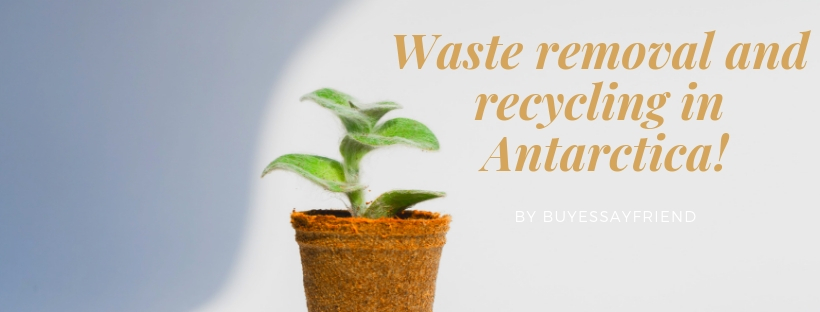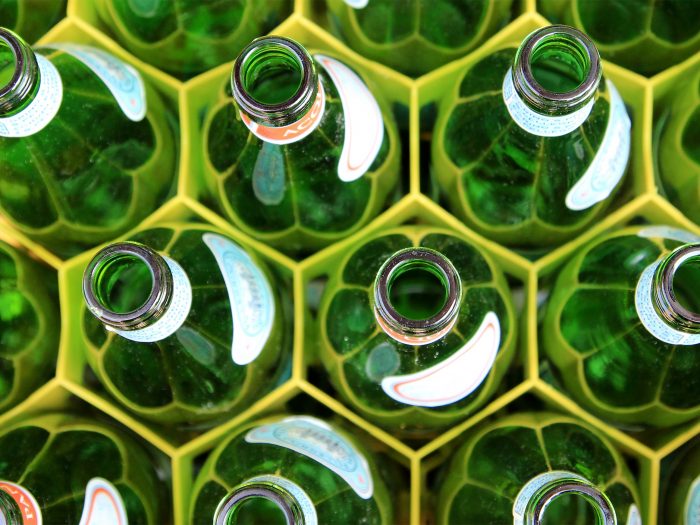How Does The Rothera Research Station In Antarctica Recycle Waste?

Waste removal and recycling in Antarctica
At Rothera Research Station people care not only about science but the impact their activity can have on the Antarctic environment. It should be reminded that Rothera Research Station is the largest British facility and centre for biological research that provides important information and learning on how terrestrial and marine species are being affected by climate change.

About 4,000 researchers and scientists at Rothera do their best to apply the most effective waste management principles in order to protect Adelaide Island from pollution. Here is an educational essay on removal and recycling on Antarctica.
But what do they actually do?
- All the staff takes advantage of the recycling bins for cans, plastic, cardboard, paper, and glass;
- They send all waste to a metal hut called the Miracle Span;
- The British Antarctic Survey which runs the base recycles everything from toner, inkjet cartridges, IT equipment, tetra packs, and batteries, to textiles, rope, scrap metal, and wood;
- Researchers are not only good at consigning materials to be recycled but they are also creative at repairing and reusing them;
- All the food is specially packed to reduce extraneous packaging;
- They reduce food wastage by reheating leftovers;
- They incinerate food that cannot be recycled;
- By using a compactor the staff compress the waste products that can be recycled and place them in flexible intermediate bulk container bags;
- Once every two to six months ships bring these bags back to the UK;
- They sent the rubbish that can`t be recycled to landfill in the Falkland Islands;
- The French resource management firm Veolia treat all the recyclables;
- Hazardous materials such as polystyrene beads and radioactive materials are prohibited from import to the base.
Why should scientists protect Antarctica from waste and pollution?
It goes without saying that scientists and researchers must preserve the environment in which they work. Antarctica really matters for the mankind not only because it is a giant pristine continent at the bottom of the Earth ruled by penguins and seals but also because it has a profound effect on the Earth`s climate and ocean systems. This continent is vital for our survival because ice deflects some of the sun`s rays away from our planet, keeping temperatures livable. Antarctica is also of global importance to science for understanding how the Earth`s environment is changing both naturally and as a result of human activity. These are the reasons why waste collection and rubbish disposal in Antarctica play a crucial role in global cleanliness and sustainability.
Now you know what happens to all the waste generated by scientists and their support staff. It was estimated that in 2017 almost 93% of waste from the British Antarctic Survey was recycled. We are gratified that researchers use innovative solutions to manage waste on an everyday basis being at such a remote location. All humanity should always bear in mind that we all depend on the continued health of this pristine continent. That is why we should protect it at every cost.
